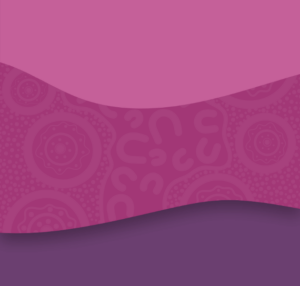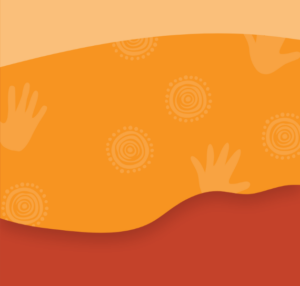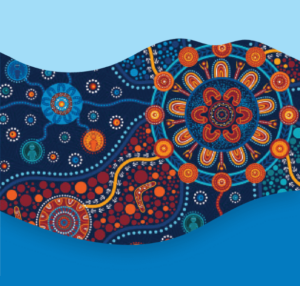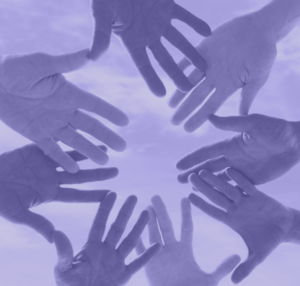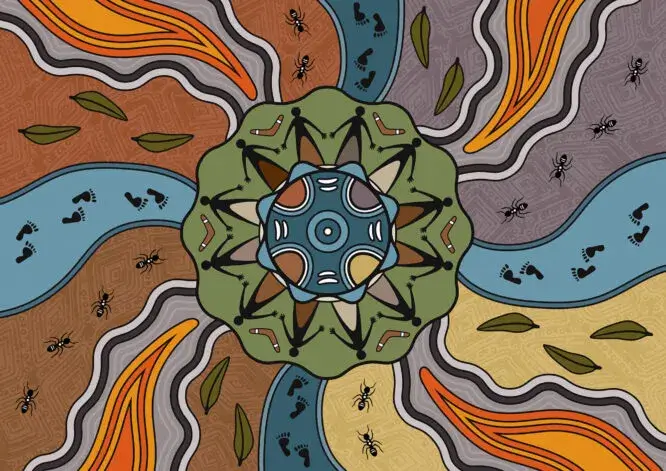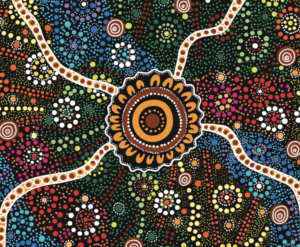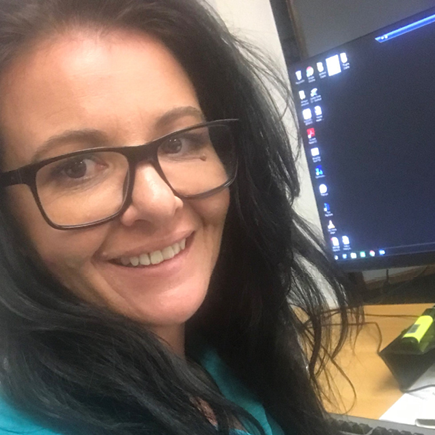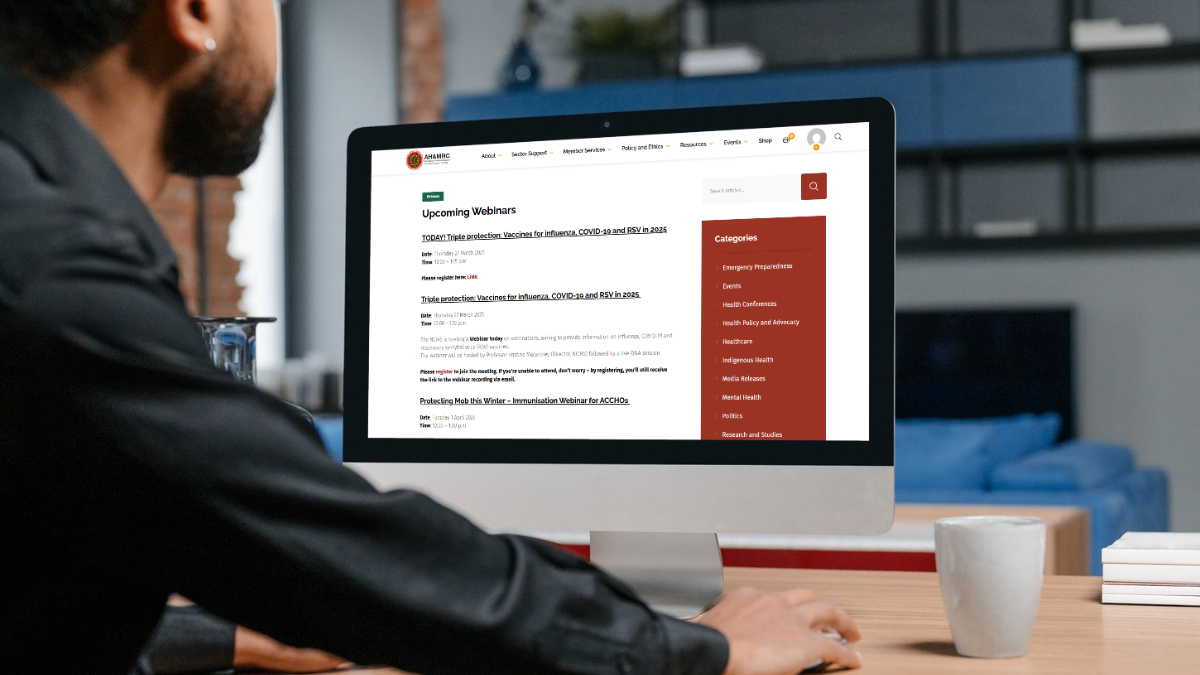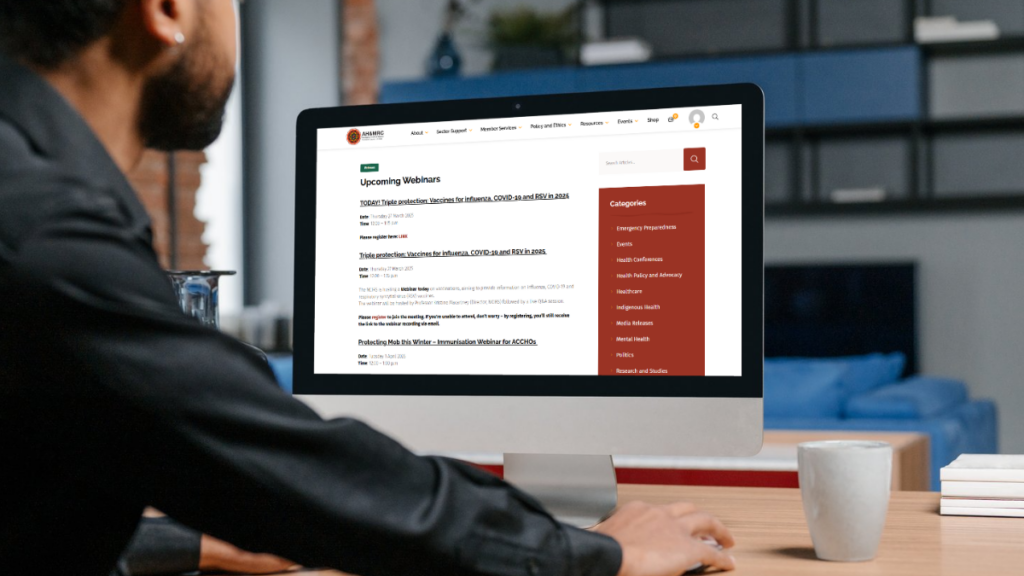What is your position at Armajun Aboriginal Health Service?
My name is Natasha Hunt and I am a Social and Emotional Wellbeing and Drug and Alcohol Caseworker at Armajun Aboriginal Health Service in Inverell.
Why did you choose to do SMART Recovery Training?
I chose SMART Recovery Training to upskill myself in my positions and to aid my confidence in holding positive conversations with my clients to better support their needs through the recovery and healing process.
What is your feedback on the SMART Recovery Training?
The SMART Recovery Training has been very clear and concise. It has left me with no questions unanswered and no need for further explanation on any topic within the training.
What knowledge and skills have you gained through the Smart Recovery Group Facilitator Training?
I believe after finishing SMART Training Phase 1 I have gained knowledge, skills and tools to confidently become a SMART Recovery Group Facilitator (on completion of phase 2). I have gained confidence from the training and it has given me the necessary skills to initiate and guide positive and constructive conversations with my clients to aid self-management with their recovery and healing process.
What have been the benefits of doing the SMART Recovery Training?
The benefits of doing the SMART Recovery Training are evident in the confidence I have gained in assisting clients in their recovery and healing journey. Through the SMART Recovery Training I will be able to provide guidance for clients on how to determine and set realistic and achievable goals, as well as focus on practical solutions in the ‘here and now’.
How will you utilise the skills you have obtained through undertaking the training?
I will utilise the skills I have gained from undertaking the SMART Recovery Training phase 1, with almost every client who I support in both my roles as Social & Emotional Wellbeing and Drug & Alcohol Caseworker. The skills I have obtained will help to keep my support focused and will assist me in helping clients self-manage their journey through recovery as each client’s situation is unique. Using these skills, I will be able to provide a safe space and a holistic approach to healing.
I have gained valuable skills in applying Cognitive Behaviour Therapy (CBT) strategies to assist clients in gaining greater control over their thoughts, feelings and behaviours. Learning about motivational interviewing has given me an understanding of how to support clients in building and maintaining motivation, cope with urges and cravings and problem solve using CBT techniques including facilitating healthy non-judgmental conversations on how to attain a healthy lifestyle balance.
Would you recommend the SMART Recovery Training to others?
Overall, I have been very satisfied with the SMART Recovery Training. It has been a very pleasant learning experience. I score the online SMART Recovery Training 10/10 and highly recommend!
To find out more about SMART Recovery Training and how AH&MRC can assist you to complete this training please contact SQuayle@ahmrc.org.au

